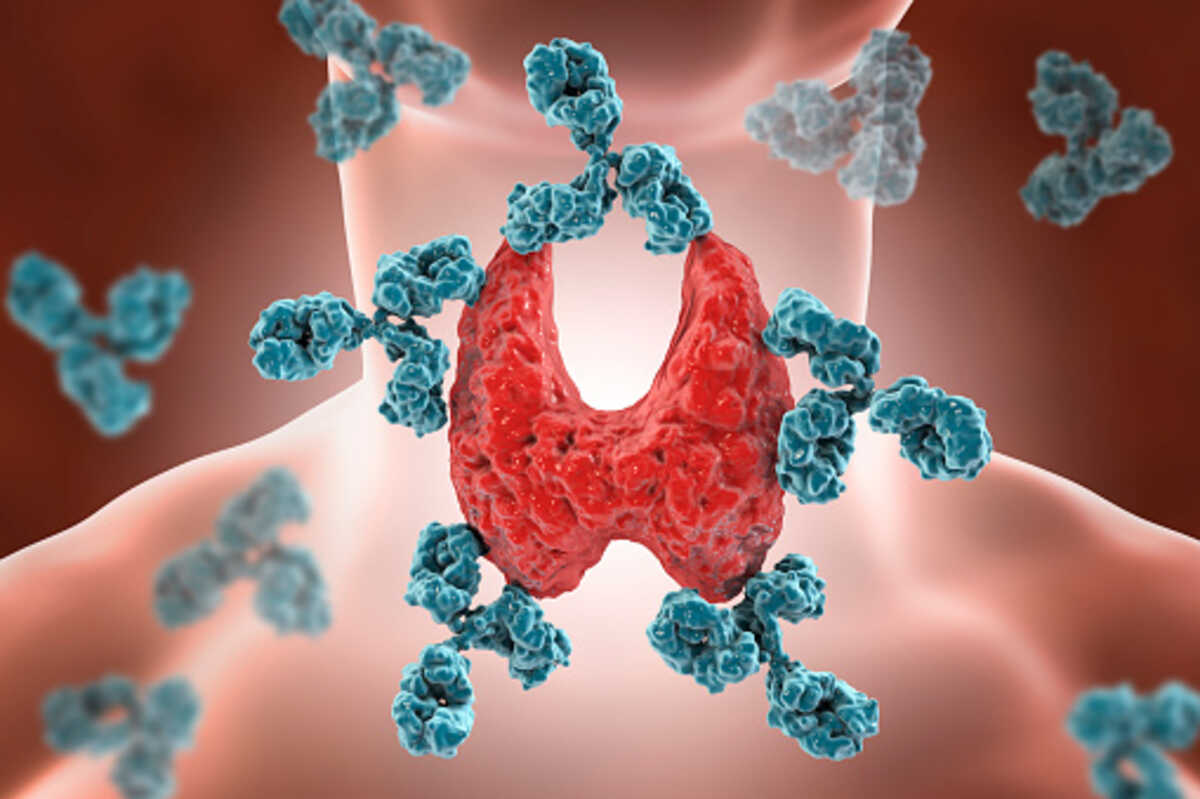Thyroiditis caused by Hashimoto’s disease is treated by replacing the thyroid hormone. The synthetic version of the hormone is called levothyroxine. It is taken once a day in the morning. Initially, it is recommended that older people start on a low dose and increase their dose slowly if they have heart disease.
Thyroid hormone replacement
In treating Hashimoto disease, the main goal is to restore normal thyroid hormone levels. This is achieved through bioidentical hormone replacement therapy. This therapy is unique because it uses naturally compounded hormones, while conventional HRT uses synthetic hormones. Thyroid hormone levels are measured using a test called TSH, which measures the thyroid-stimulating hormone (TSH) level. In addition to the medication, lifestyle changes and supplements may also be helpful.
Several other conditions can affect thyroid hormone production, such as type 1 diabetes, poor adrenal function, or other conditions. In addition, Hashimoto thyroiditis may develop in patients with poor immune system function. In rare cases, thyroid hormone replacement may not be enough to cure the disease, and surgery may be needed. However, thyroxine replacement should not lead to adverse side effects. Nevertheless, it is essential to have proper monitoring of thyroid hormone levels. In addition, people with hypothyroidism must be monitored closely because their blood levels may change.
The dose of thyroid hormone replacement should be adjusted accordingly. In healthy young adults, starting levothyroxine at low dosage is recommended and increasing it gradually. Once the correct dose is reached, the doctor will advise the appropriate dosage.
Thyroid peroxidase antibodies
The best way to determine if you have Hashimoto’s disease or a thyroid condition is to have a blood test to check for thyroid peroxidase antibodies and thyroid stimulating hormone (TSH) levels. TSH is a hormone produced in the brain that stimulates the thyroid to produce more thyroid hormone. If your TSH level is too high, you have hypothyroidism. Having thyroid peroxidase antibodies or Hashimoto’s antibodies means that your immune system is attacking your thyroid gland and preventing it from producing enough thyroid hormone.
The immune system creates antibodies to attack the thyroid gland, resulting in an autoimmune reaction. Approximately 80 to 90 per cent of people with Hashimoto’s will have TPO antibodies. The antibodies can cause hypothyroidism and can lead to other autoimmune conditions.
Elevated TPO antibodies may be the first sign of a thyroid problem. However, an elevated level of TPO antibodies does not necessarily mean you have a thyroid disorder. It simply means that your thyroid is attacking itself, increasing the risk of developing other conditions. While you might not need to take thyroid hormone medication for an elevated TPO antibody level, you may want to follow up with an annual thyroid ultrasound.
Goitre
Hashimoto’s disease can cause a goitre. The condition is common in adult women. It can be a symptom of another autoimmune disorder, such as Graves’ disease, or it can simply be an enlarged thyroid gland. Symptoms are typically similar to thyroid disease, but Hashimoto’s thyroiditis can also cause them. Thankfully, there are treatments available.
A thyroid isotope scan is not generally necessary but can help diagnose the condition. The image produced by an isotope scan is typical of an enlarged thyroid gland and differs markedly from multinodular goitre, which is more severe. However, some clinicians do not use the term Hashimoto’s thyroiditis. Instead, the disease can be suspected if a patient has a positive thyroid autoantibody test and lymphocytic infiltration of the thyroid gland.
While Hashimoto’s thyroiditis is an autoimmune condition, it is also possible for the thyroid gland to become overactive during pregnancy. In this case, the immune system attacks the thyroid, causing it to swell dramatically. Sometimes, this can cause the thyroid to stop making enough thyroid hormone, worsening symptoms. In these cases, thyroid hormone must be supplemented, or thyroid hormone replacement therapy may be necessary.
Treatment
Once diagnosed, Hashimoto’s disease treatment should begin as soon as possible. Left untreated can lead to severe complications, including heart disease and chronic fatigue syndrome. Treatment options can vary from simple diet changes to highly personalized treatments. When done correctly, treatment can help you save your thyroid tissue and improve your overall health.
Thyroid hormones regulate the body’s metabolism and other functions. When the thyroid is damaged, it stops producing these hormones. The body’s immune system reacts to this immune response by producing antibodies that attack the thyroid gland’s tissue. These antibodies cause the thyroid to become inflamed and damaged. When the thyroid gland stops producing enough thyroid hormones, symptoms such as depression, low libido, and decreased sex drive occur.
Women are seven times more likely to develop Hashimoto’s disease than men. The disease is most common in middle-aged women. Genetics and family history can increase your risk of developing the condition. People with a history of autoimmune diseases are also at an increased risk.

